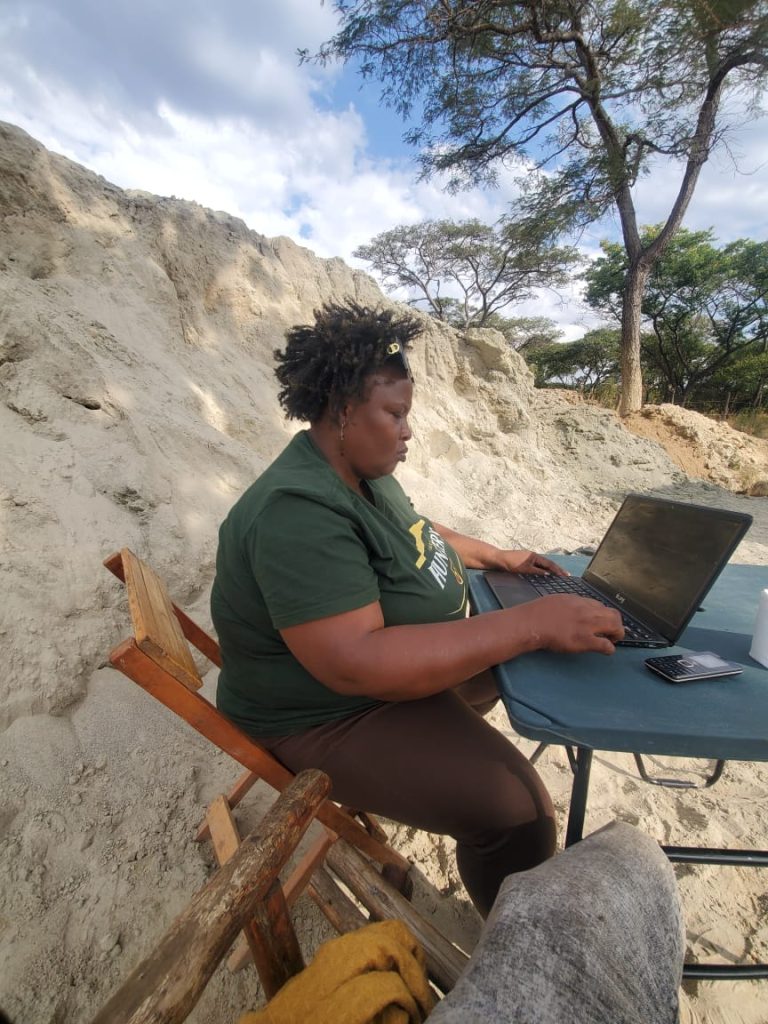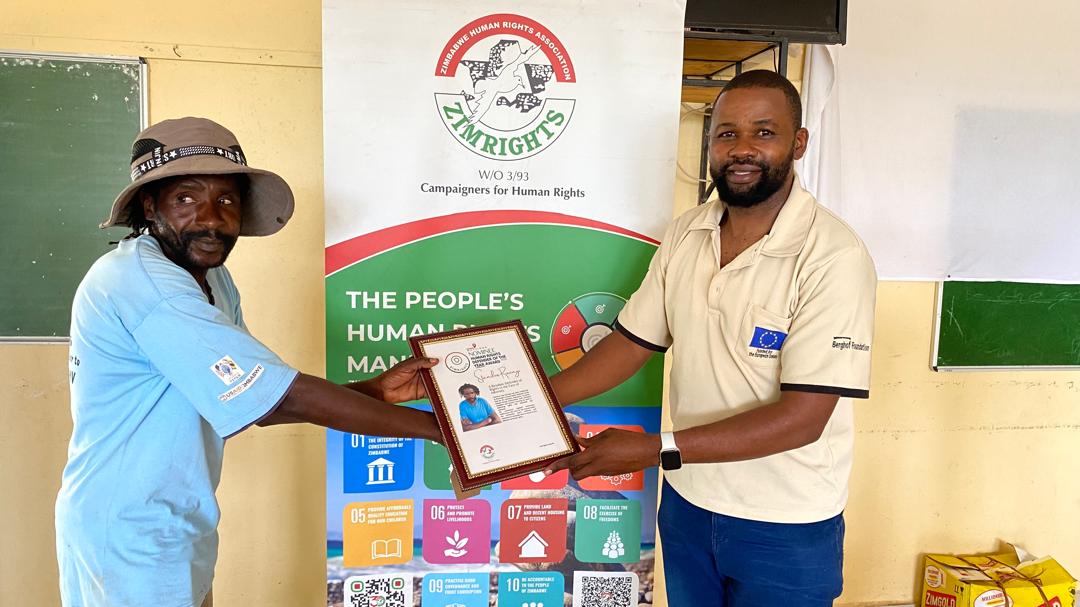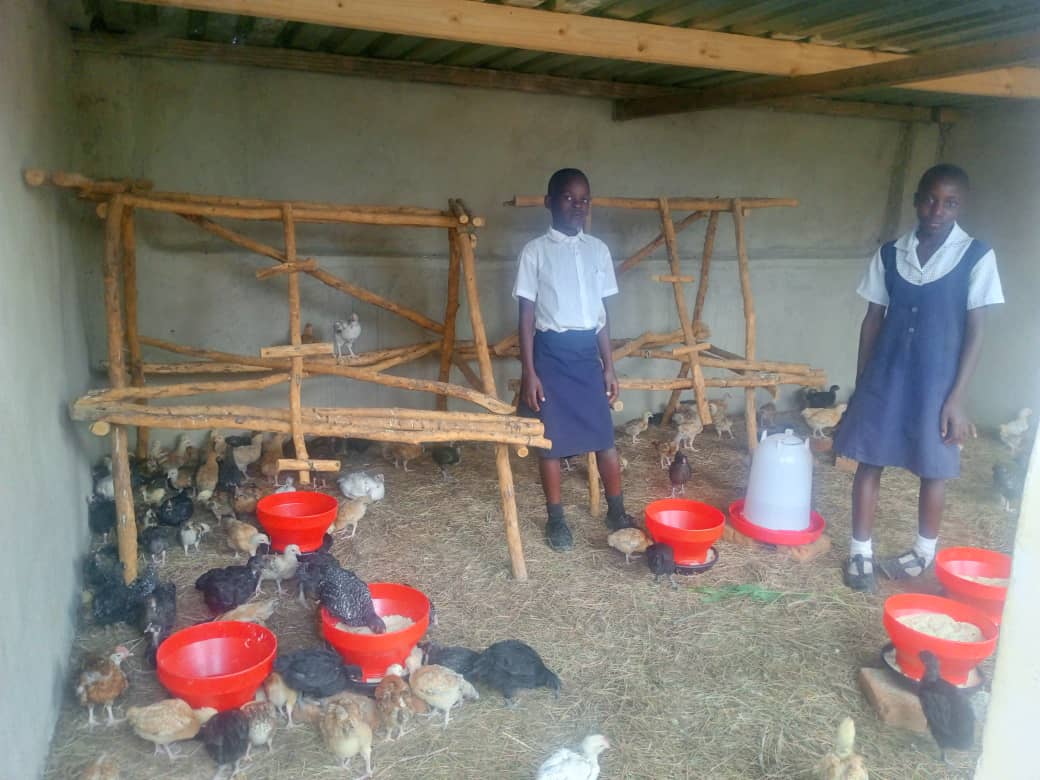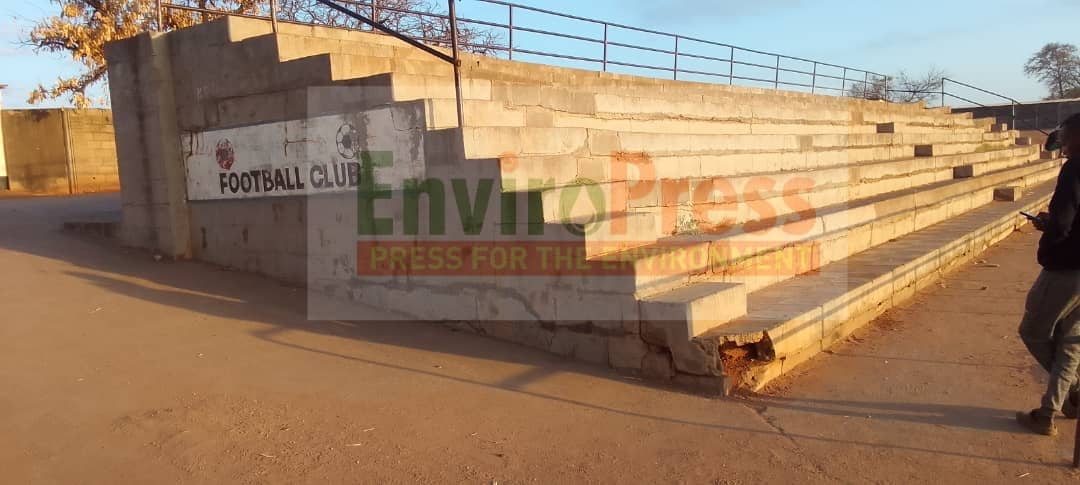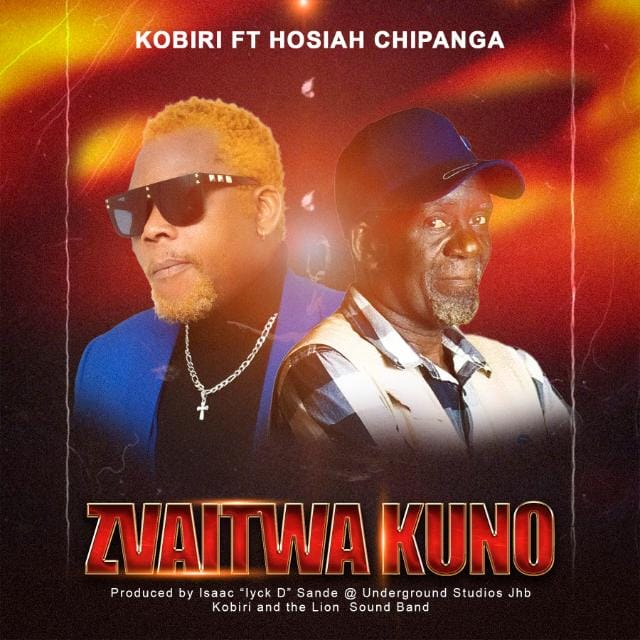Moses Ziyambi
‘After my business collapsed – I accepted defeat, I knew I h’d done everything in my power to make it work. I knew that the collapse of my business had nothing to do with me but rather – whatever had taken place had everything to do with the environment I was operating in’ wrote Namatai Chipunza on X (formerly Twitter) on August 08, 2023.
A small scale artisanal miner who found the going getting tougher by the day despite her best of efforts over several months, Chipunza finally decided to call it quits.
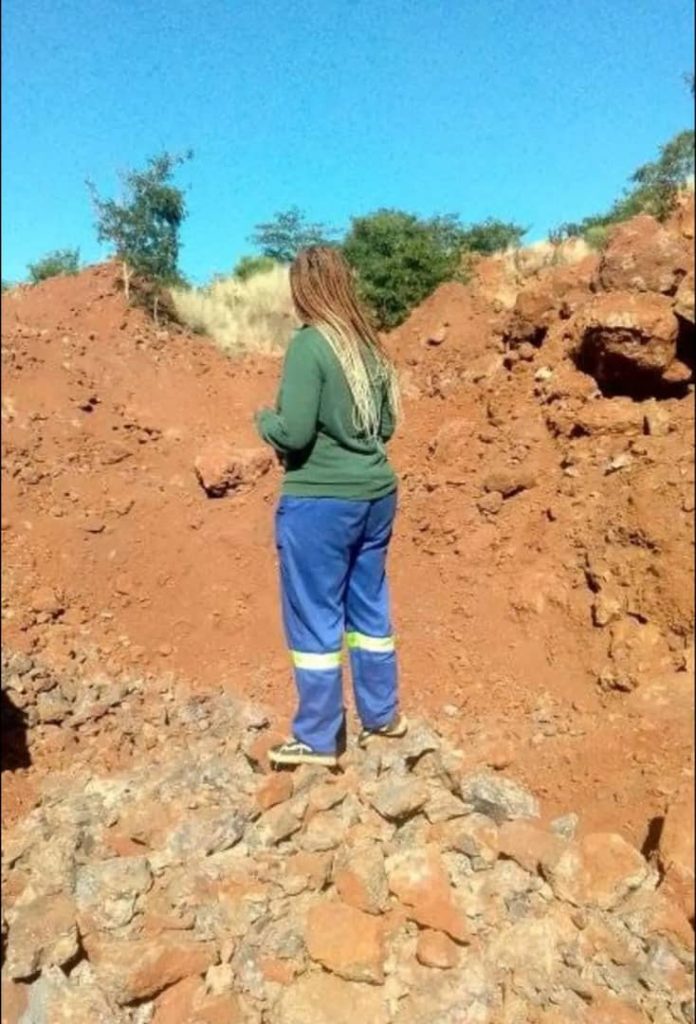
Chipunza’s story, though very common in Zimbabwe, does not represent all that is happening in the country’s mining industry though. In fact, there here are many other stories of women’s success too.
Despite the rigours and attendant risks, women are mastering the courage to survive as role players in what is clearly one of the toughest productive sectors of the economy.
One woman who is doing well in this sector after a long time of turbulence is Chiedza Chipangura, who is popularly known in her circles as Doc ChiChi.
She is into chrome, gold and glitter stone mining business in her native Mashonaland West where she was the first female Chairperson for the provincial chapter of the Zimbabwe Miners Federation (ZMF) 2018-2021.
Chipangura told EnviroPress that more women were joining the mining sector as they get to learn about the inspirational mining journeys of other women.
“At each mining seminar, conference, training and exhibition, there are new women getting into the mining value chain. So much information is being shared resulting in more women participating. Even women in the diaspora are investing in mining,” said Chipangura.
On the complexities of registering claims, Chipangura said though the process was affordable to an average woman, completing the whole process to the dot was hard.
“The registration fees are just a drop in the ocean because there are other statutory financial obligations that come later on; council levies, environmental impact assessment costs etc. So the process appears easy on paper only, for instance, the law states that the registration must be completed in 90 days but we still find backlogs dating back three years. These delays lead to such complications as mining disputes, mine invasions and illegal mining,” she said.
Chipangura, who is the founder of Norton Miners Association (NMA) and the Women Empowerment in Mining Zimbabwe (WEMZ) said women needed support in the form of training, equipment and working capital.
“In most cases, the private sector and civic organisations provide training. Funding is usually from the private sector. We appeal to government, as the custodian and enforcer of the law, to help speed up mine registration process. I, however, must appreciate government efforts in marketing the mining sector around the globe resulting in more women getting foreign investors to partner with, more markets for the minerals and knowledge exchange programmes,” Chipangura said.
In a sector replete with male chauvinism, women in mining face discrimination and stigmatization.
“In some cases, a woman gets labelled in all sorts of negative ways. If she makes it through the ladder of success, she is labelled a witch or a prostitute who sleeps her way to success,” she said.
Nontobeko Sibanda, who is studying for a Certificate in Mining with the Zimbabwe School of Mines, and works part time at a gold mine in Mberengwa district of the Midlands province, said her experiences in the industry were quite encouraging, and she looked forward to starting her own operations after school.
“I am fortunate to work with dignified people who respect my worth even though I am female in work spaces dominated by men. My experiences do not reflect every other woman’s but I am confident that we can work to make the environment friendlier for women. I encourage women to partake in mining ventures and never to think that it’s an area for men alone,” she said.
When asked to give her thoughts on the experiences of women in mining, Women Artisanal Mining Association (WAMA) team leader Priscilla Mashinge said there was need to empower women so that they can be more involved in the sector.
“Since mining is a very expensive business, it’s important to increase opportunities for ordinary women so that they can participate. Currently, no ordinary woman is getting assistance from government,” said Mashinge.
She said forfeiture lists are not widely publicized, and this puts women particularly at a disadvantage.
Mashinge said women conducting unregistered small scale mining were particularly vulnerable and they needed greater sexual and reproductive health education.
“There are a lot of health issues in this industry, and due to lack of education and sensitization, some women and girls in mining compounds end up getting into sex work, resulting in violence and diseases,” said Mashinge, whose organization works with small scale miners in the Midlands province.
Centre for Gender and Community Development (CGCDZ) programs manager Chidavushe Mudadi said mining was a high returns business whose corresponding high risk, however, put women at a disadvantage.
“Men stand a better chance of getting into the sector and succeeding than women due to the risk factor. The sector has gained notoriety for violence and sexual abuse in some cases and women cannot stand that. The thrust should therefore be on reserving some claims for women miners alone so that the odds can be evened,” said Mudadi, whose organization works on many women empowerment projects in several districts of Masvingo province.
In recent statistics, the Environmental Management Agency (EMA) revealed that there were about 21 000 registered artisanal small scale miners in the Midlands province, with only 7 000 of them being women. The Midlands province is one of the biggest mining provinces in the country boasting such minerals as gold, chrome, iron and lithium.
